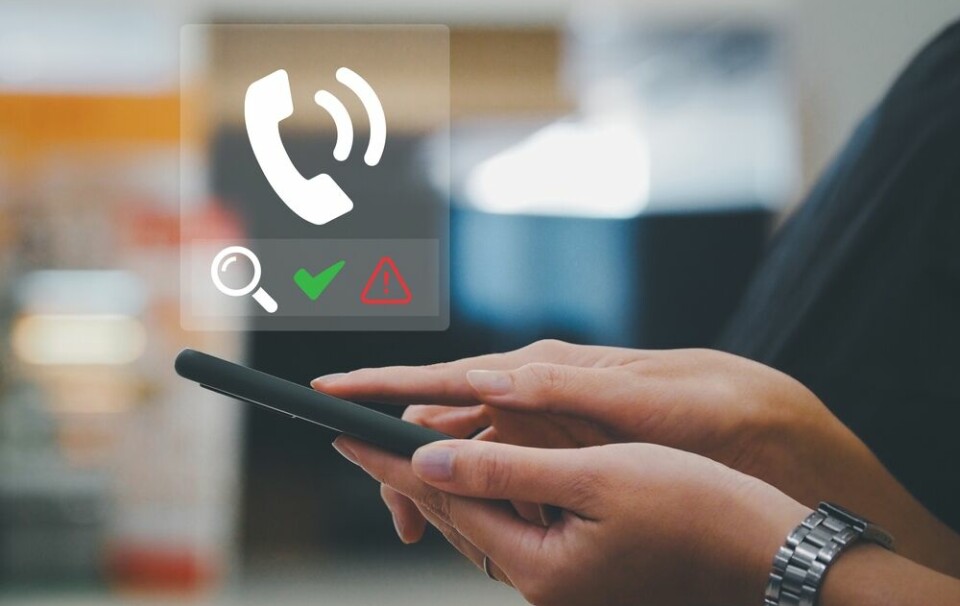-
Many of France’s chambres d’hôtes face closure under 2026 tax and social charge changes
Measures designed to curb Airbnb-style lets are set to hit traditional B&Bs particularly hard
-
I became a professional upholsterer after moving to France
Jo MacDonald, 59, describes how she monetised her hobby in Gers
-
France and UK edge closer on youth mobility deal
Key differences remain but partners have struck a 'warmer tone' over plans
Financial kick-start for sole traders to be cut
Financial benefits offered to small businesses and micro-entrepreneurs for three years to help them get off the ground are to be significantly reduced.

Since January, the Aide aux créateurs et repreneurs d’entreprises (Acre) regulations have allowed new entrepreneurs to pay reduced social charges.
How much has depended on status and income, but most sole traders with annual earnings under €40,000 have paid only 25% of their full charges in the first year, 50% in the second and 75% in the third.
The government had planned to reduce these advantages from October 1 but due to pressure from the Fédération des Auto-Entrepreneurs, the decree was withdrawn.
Authorities are now in discussions to decide what measures to take and it is certain there will be less help in the future.
Estimates show that if nothing changes, the Acre system will cost the government €1.4billion in 2022, rather than the €446million it cost in 2018.
Grégoire Leclercq, president of the Fédération des Auto-Entrepreneurs, said the decree would have had disastrous consequences for lower-income sole traders.
He said the present system helped businesses in their early stages, and the federation will fight to get the best deal possible – and a promise that nothing will change for those who signed up under 2019 Acre rules.
Every year, 300,000 people start their own businesses as micro-entrepreneurs.
- From this month, self-employed workers will, for the first time, have the right to unemployment benefit of €800 a month for six months.
However to qualify the worker must have previously earned at least €10,000 and be actively looking for work. The rules say their business must also have gone into legal liquidation.
Mr Leclercq told Connexion this means few micro-entrepreneurs will benefit because the liquidation procedure is expensive. He said liquidation costs nearly €3,000, a huge proportion of the €4,800 the person will receive in benefits.
He said he has written to Work Minister Muriel Pénicaud asking her to reconsider this condition.
























